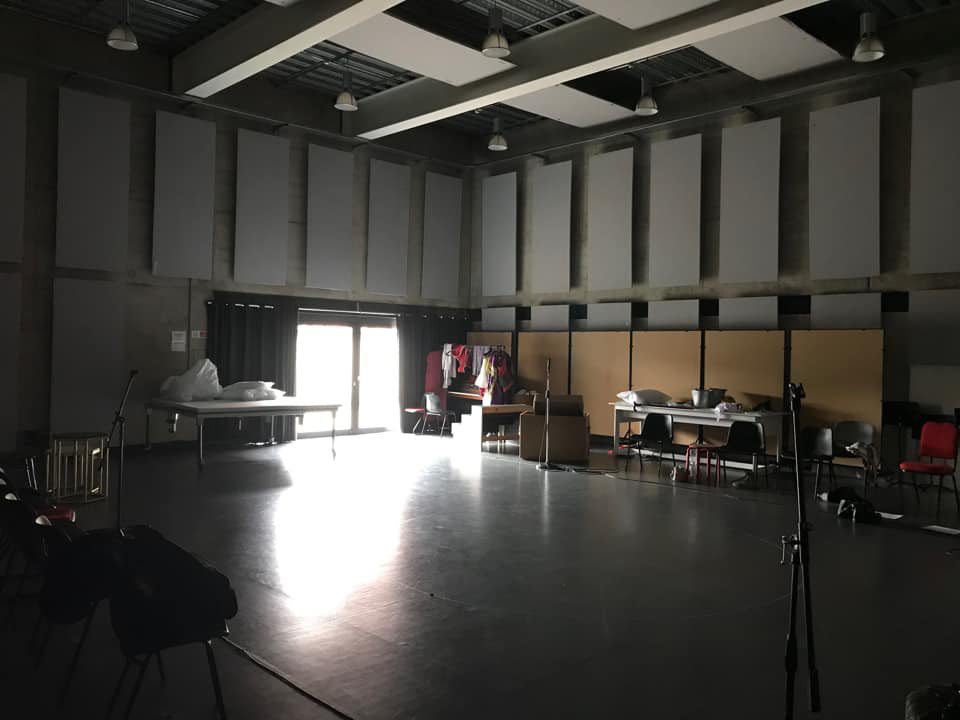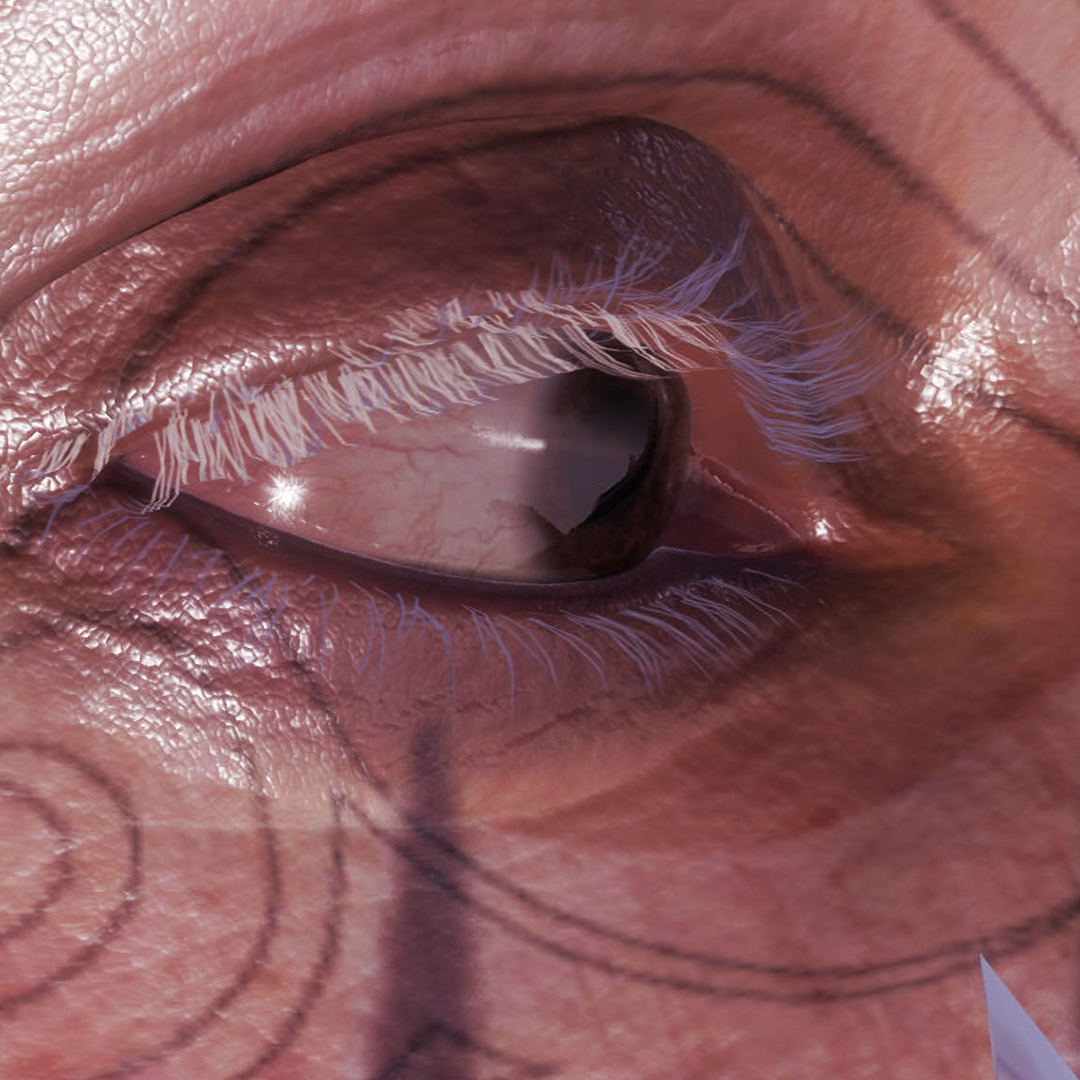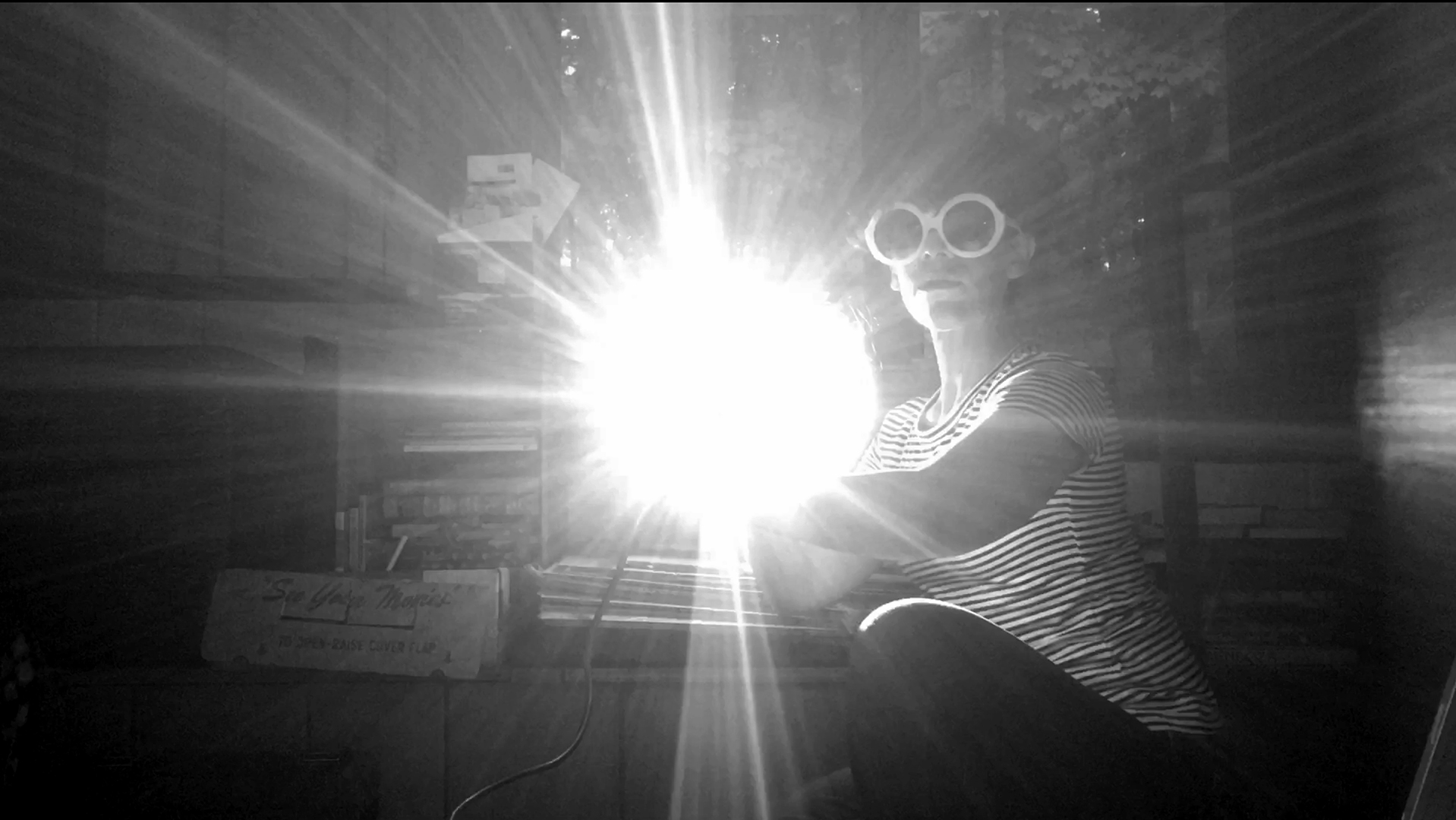
Repeat: Go over: Try - A Long Table Conversation about rehearsal is an open invitation event to a public conversation on rehearsal, as part of Tom Creed's ongoing research into rehearsal practices across disciplines for his MFA Art in the Contemporary World at NCAD. For this conversation, Tom will be joined by practitioners including performer Olwen Fouéré, choreographer John Scott, theatre director Jason Byrne, and Maud Hendricks of Outlandish Theatre Project, to speak about rehearsal as an archaeological dig, ontological distinction in acting, and ways of creating community through ongoing practice.
EVENT REGISTRATION LINK
The event will use the format of the Long Table Conversation, as developed by Lois Weaver of Split Britches. The Long Table is a dinner party structured by etiquette, where conversation is the only course, combining theatricality and models for public engagement. It is at once a stylised appropriation and an open-ended, non-hierarchical format for participation. Everyone in the room has the power (and imperative, with the communal interest for a more satisfying discussion) to shift the direction of conversation, to mediate moments of tension and to make space for voices less easily heard.
The English word “rehearsal” denotes the work and time that performing artists spend together in preparation for an upcoming performance. This work happens, this time is spent, in a space which is in the world but set apart from it, which can be closed or open, transparent or opaque, a place of refuge or a place of welcome. This is a time in which community is built, grounds and materials are prepared, ideas are embodied, worlds are made, moments become sequences, sequences are further sequenced, taken apart again, rearranged, repeated, practiced, and packaged into something that can be encountered, consumed, sold. Might it also be a place where we rehearse ways of being together, building, listening?
In France, they call it “répétition”, literally an act of repeating. In rehearsal, we repeat to fix things in place, to nail them down, to become precise. But paradoxically we also repeat to make space for variation, slippage, evolution. In a methodology based on rehearsal, we repeat to make sure of ourselves, but also to allow for variation, chance discoveries and encounters. We ask the same questions to see if we get the same answers, but also to prompt different ones.
In Germany, its “probe”, an attempt, sample, test or trial. We try something new, push onto new ground, make an example of ourselves. In this methodology, instead of going over what we know, we break out of a loop, step outside our comfort zone, risk everything.
In English, the ground from which “rehearse” is dug is the Old French “rehercier”, root of the Old English “rehearser”. The “hearse” is a harrow or plough, to rehearse is to plough the soil over and over. The “hearse” is also a framework, to hold candles over a coffin, or a coffin over a grave; to rehearse is to build a framework over old ground in which bodies are buried. Like the gravedigger in Hamlet, this methodology finds new by going over the old, creation from destruction, humour from the darkest places.
Tom Creed is a theatre and opera director based in Dublin. He was recently appointed by Minister Catherine Martin to the Expert Advisory Committee of Culture Ireland. He is a member of the steering committee of the National Campaign for the Arts, and a board member of Theatre Forum and GAZE Film Festival. and IETM. He has previously been a board member of Macnas and Dublin Fringe Festival. He was artist in residence at Centre Culturel Irlandais, Paris, in 2016/17 and 2018/19.
Image: Repeat: Go over: Try, rehearsal space Ⓒ Tom Creed



